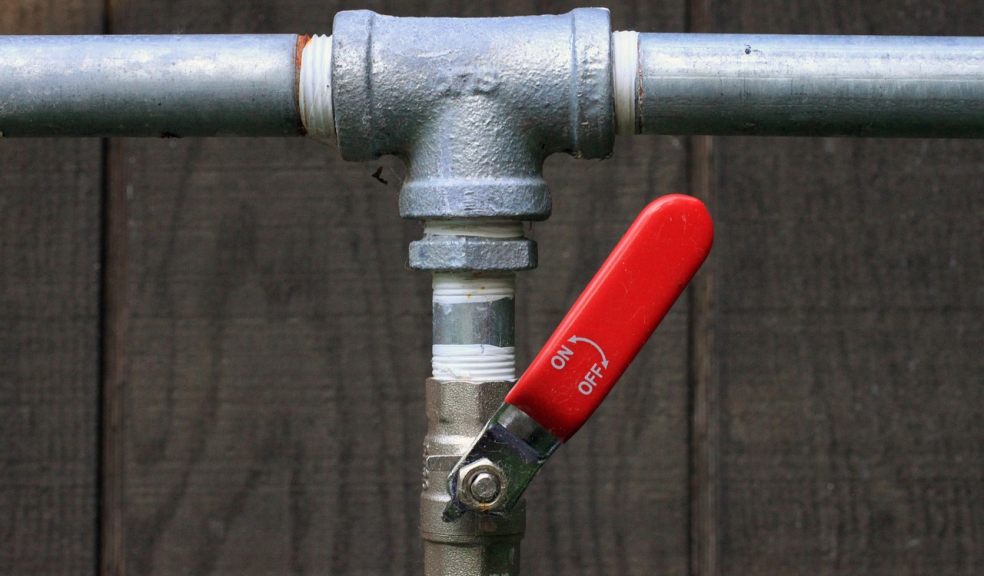
How to deal with a home emergency
As a homeowner, it’s important to be aware of how to handle an emergency. Whether you’re a first-time buyer or you’ve owned your own home for a long time, these unexpected events are an unfortunate part of owning a property.
By understanding the steps to take in an emergency, you can minimise damage, ensure safety, and get some peace of mind.
Identifying a home emergency
The first step in dealing with a home emergency is recognising when you are facing one. This is an unforeseen event that poses an immediate risk to health, property, or safety. Common examples include burst pipes, gas leaks, electrical failures, and structural damage.
- Burst pipes, especially in colder months, can lead to flooding and water damage if not addressed promptly.
- Gas leaks, which often smell of rotten eggs, require immediate evacuation and professional intervention due to the risk of explosion or poisoning.
- Electrical failures, such as power outages or exposed wiring, can be equally dangerous, potentially leading to fires or electric shocks.
Quick action is essential when dealing with these emergencies. Assess the situation calmly to determine the severity. If it’s a minor issue, you might be able to handle it yourself or contact a local tradesperson. However, for major emergencies that threaten your safety or that of others, it’s crucial to act immediately.
Immediate steps to take
Knowing what to do in those critical first moments can make all the difference. Here are the immediate steps you should take:
- Shut off utilities: If the emergency involves water, gas, or electricity, locate the main shut-off valves or switches and turn them off. This can help prevent further damage or danger.
- Leave if necessary: If there is a risk of fire, explosion, or significant structural damage, evacuate your home immediately. Ensure all household members are accounted for and move to a safe location.
- Contact emergency services: Dial 999 for emergencies involving fire, serious injuries, or dangerous situations like gas leaks. For less urgent issues, call the relevant utility company or a trusted emergency tradesperson.
- Stay informed: Keep a list of emergency contact numbers in an easily accessible place, such as near your phone or in your mobile contacts. This should include numbers for emergency services, your insurance company, and local utility companies.
Financial considerations
Home emergencies often come with unexpected costs, which can be difficult to account for if you’re unprepared. Understanding your financial options and planning ahead can help alleviate the stress.
- Insurance cover: Review your home insurance policy to ensure it covers common emergencies. Standard home insurance usually covers events like burst pipes or fires, but it’s important to know the specifics of your policy and any excess you may need to pay.
- Emergency funds: Having an emergency fund set aside can be invaluable. Ideally, this fund should cover several months’ worth of living expenses, including potential repair costs.
- Credit options: Consider thinking ahead and taking out a credit card specifically for emergencies. This can provide a financial safety net if you’re faced with an unexpected expense that exceeds your savings.
Long-term prevention
While you can’t predict every emergency, there are steps you can take to reduce the likelihood of certain events and prepare for those that do occur.
Routine inspections of your plumbing, heating, and electrical systems can help prevent major issues. Check for signs of wear and tear and address any concerns promptly.
Also, create a home emergency kit that includes essentials like a torch, batteries, first aid supplies, and basic tools. This kit should be easily accessible in case of a power outage or other emergencies.
It’s worth keeping up with recent regulations and initiatives too. This applies whether you live in the property or you’re a landlord. For example, as of October 2022, the UK government introduced new smoke and carbon monoxide alarm regulations. Ensuring your home complies with these regulations can enhance safety and potentially prevent emergencies.
Being aware and ready can help protect you and your home.













